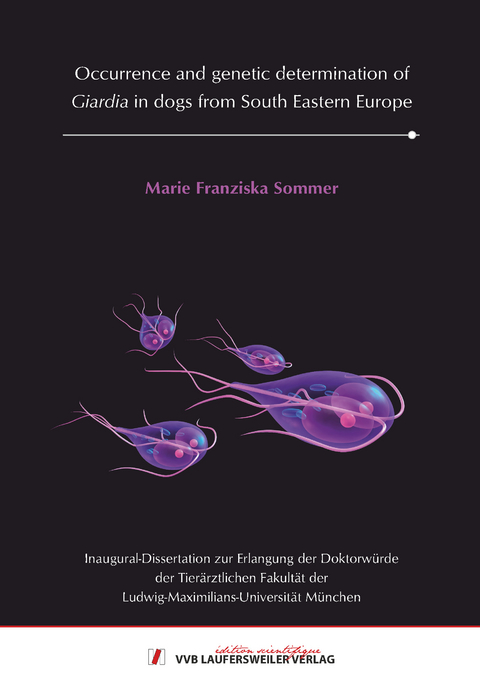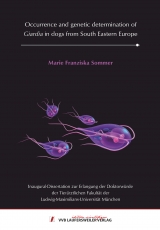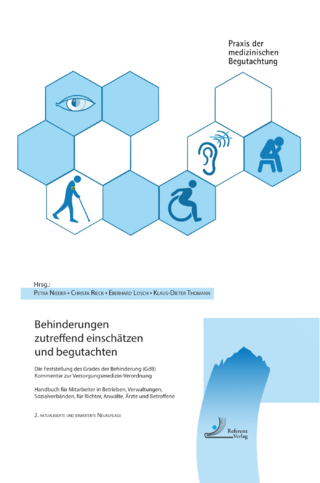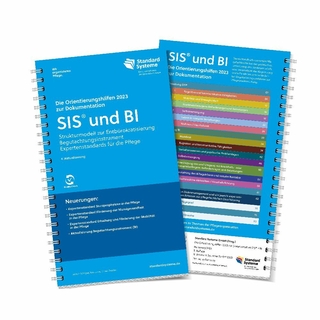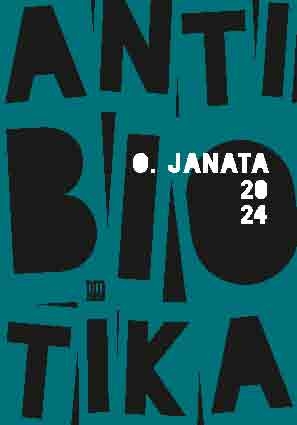Occurrence and genetic determination of Giardia in dogs from South Eastern Europe
Seiten
2015
VVB Laufersweiler Verlag
978-3-8359-6350-4 (ISBN)
VVB Laufersweiler Verlag
978-3-8359-6350-4 (ISBN)
- Keine Verlagsinformationen verfügbar
- Artikel merken
To date, worldwide investigations of Giardia duodenalis have contributed to a better understanding of the biology, pathogenesis, epidemiology and complex taxonomy of the protozoan parasite harbouring zoonotic potential. Modern genotyping tools like multilocus sequence typing (MLST) of different loci of the Giardia genome enable the discrimination of zoonotic assemblages A and B and non-zoonotic assemblages C to H of Giardia, which are species-specific. Nevertheless, numerous questions regarding the transmission cycles between infected animals and humans or vice versa remain unanswered. Since dogs serve humans as companion animals comprising close interaction between each other, the determination of the Giardia assemblages in dogs is of major importance in consideration of the possible zoonotic potential arising from canine Giardia infections. The aims of the present study were to determine the Giardia assemblages of household and shelter dogs from seven South Eastern European countries via multilocus sequence typing (MLST) and to gain information on the occurrence of Giardia infections in the investigated dog populations from Albania, Bulgaria, Hungary, Macedonia, Romania and Serbia. For this reason, 1671 faecal samples were collected over a period of five years from 2010 to 2014. Enzyme-linked immunosorbent assay (ELISA) was utilised for the detection of Giardia infections for 1645 faecal samples. Additionally, a subset of samples containing Giardia coproantigen in the ELISA was further tested for the presence of Giardia cysts via merthiolate iodine formalin concentration (MIFC) or immunofluorescence assay (IFA). A total of 107 faecal samples demonstrating Giardia cysts in the MIFC or IFA and 26 IFA-positive samples from Croatia were selected for DNA extraction and subsequent MLST. Nested PCR protocols were used targeting five different genetic loci: the SSU rRNA, the ITS1-5.8S-ITS2, the beta giardin (bg), the glutamate dehydrogenase (gdh) and the triosephosphate isomerase (tpi). According to the ELISA results, infections with G. duodenalis were present in 33.7 % of the investigated dogs. In the present study, the prevalence was 35.5 % in Albania, 30.3 % in Bulgaria, 17.9 % in Hungary, 33.1 % in Macedonia, 36.1 % in Romania and 65.7 % in Serbia. Shelter dogs were significantly more often infected with 57.2 % compared to 29.7 % for household dogs (p < 0.01). Most comparable internationally conducted studies using the same detection method have revealed a lower percentage of canine Giardia infections. Positive PCR results were obtained in 82.0 % at the SSU rRNA locus, in 31.6 % at the ITS1-5.8S-ITS2 region, in 12.8 % at the bg locus, in 11.3 % at the gdh locus and in 1.5 % at the tpi locus. Sequencing of the PCR products revealed the dog-specific assemblage C in 50 samples and the dog-specific assemblage D in 68 samples. Zoonotic assemblages A and B were not detected in the investigated dog population. In nine isolates, the coexistence of two different assemblages within one sample at two different gene loci was found (‘assemblage swapping’). In conclusion, G. duodenalis was present in dogs from all investigated South Eastern European countries. Since the MLST did neither detect Giardia assemblage A nor B, there was no evidence for the presence of a zoonotic potential arising from the investigated canine population.
| Erscheint lt. Verlag | 1.7.2015 |
|---|---|
| Reihe/Serie | Edition Scientifique |
| Sprache | englisch |
| Maße | 146 x 210 mm |
| Gewicht | 213 g |
| Einbandart | Paperback |
| Themenwelt | Medizin / Pharmazie |
| Veterinärmedizin | |
| Schlagworte | Doktorarbeit • Uni • Wissenschaft |
| ISBN-10 | 3-8359-6350-3 / 3835963503 |
| ISBN-13 | 978-3-8359-6350-4 / 9783835963504 |
| Zustand | Neuware |
| Informationen gemäß Produktsicherheitsverordnung (GPSR) | |
| Haben Sie eine Frage zum Produkt? |
Mehr entdecken
aus dem Bereich
aus dem Bereich
Buch | Hardcover (2024)
Referenz-Verlag
58,00 €
Buch | Softcover (2023)
Standard Systeme (Verlag)
22,90 €
